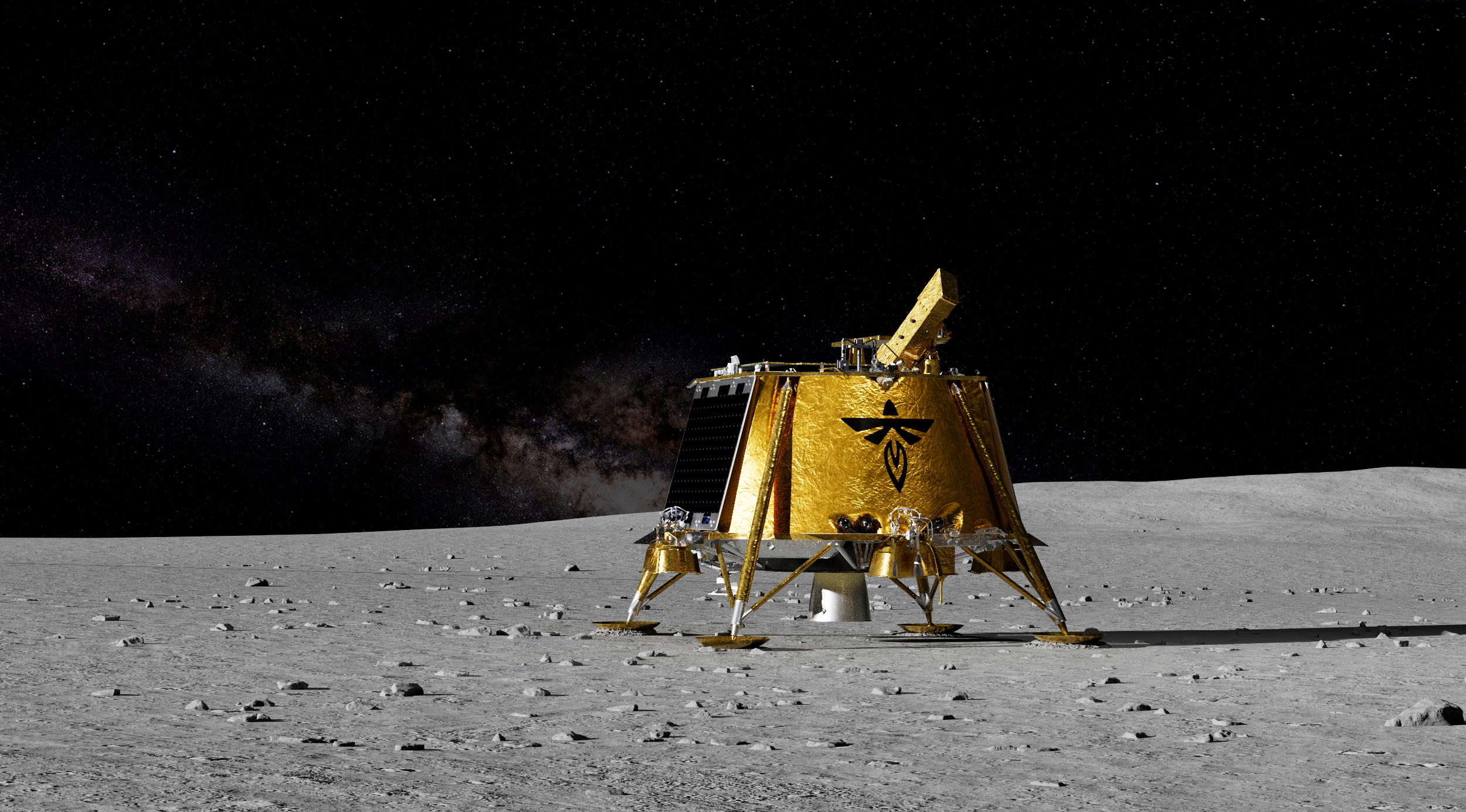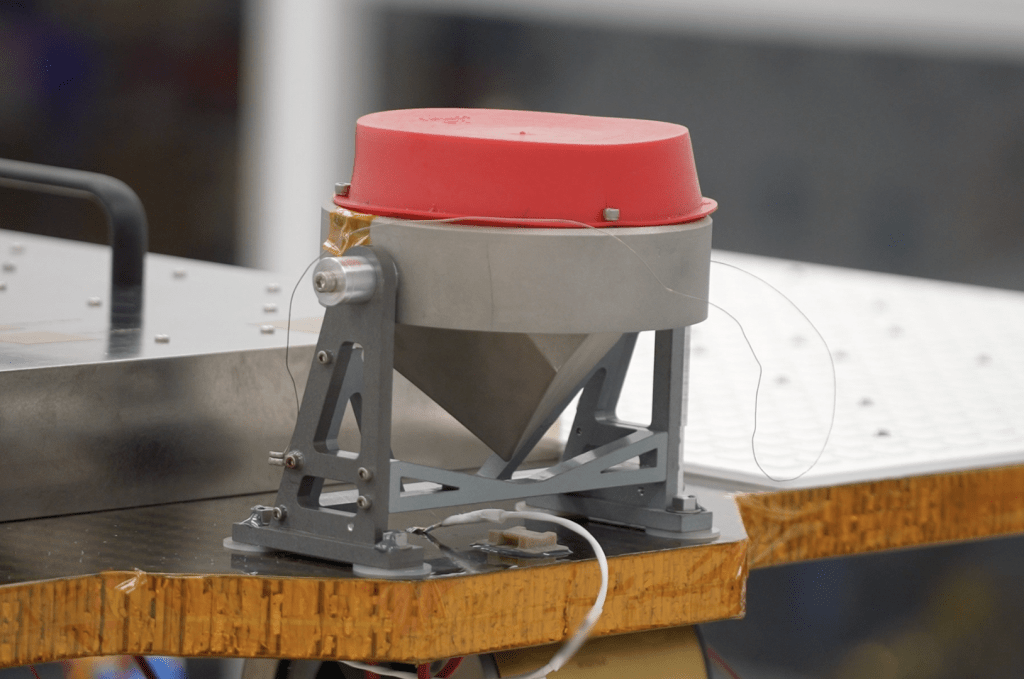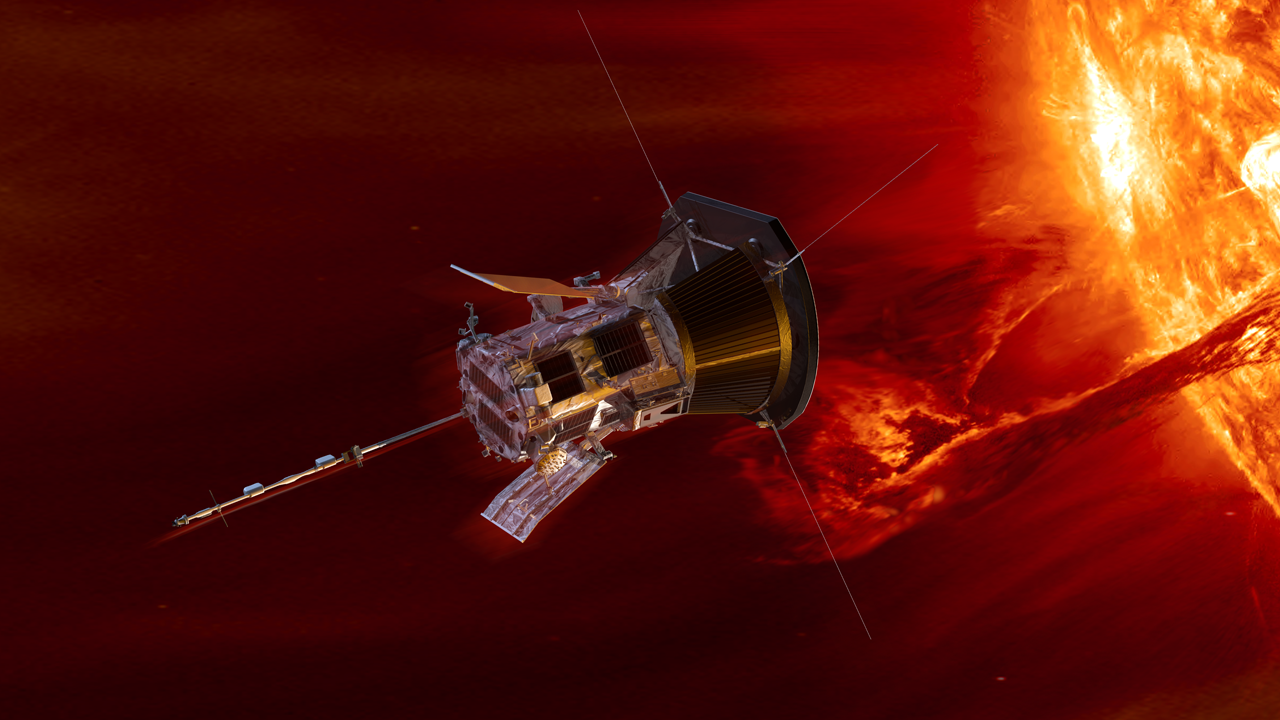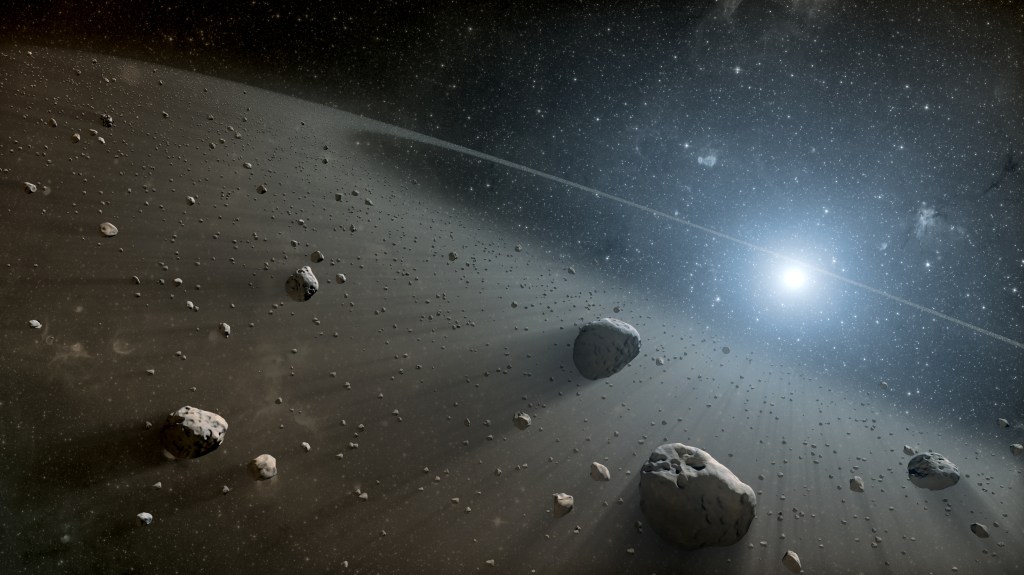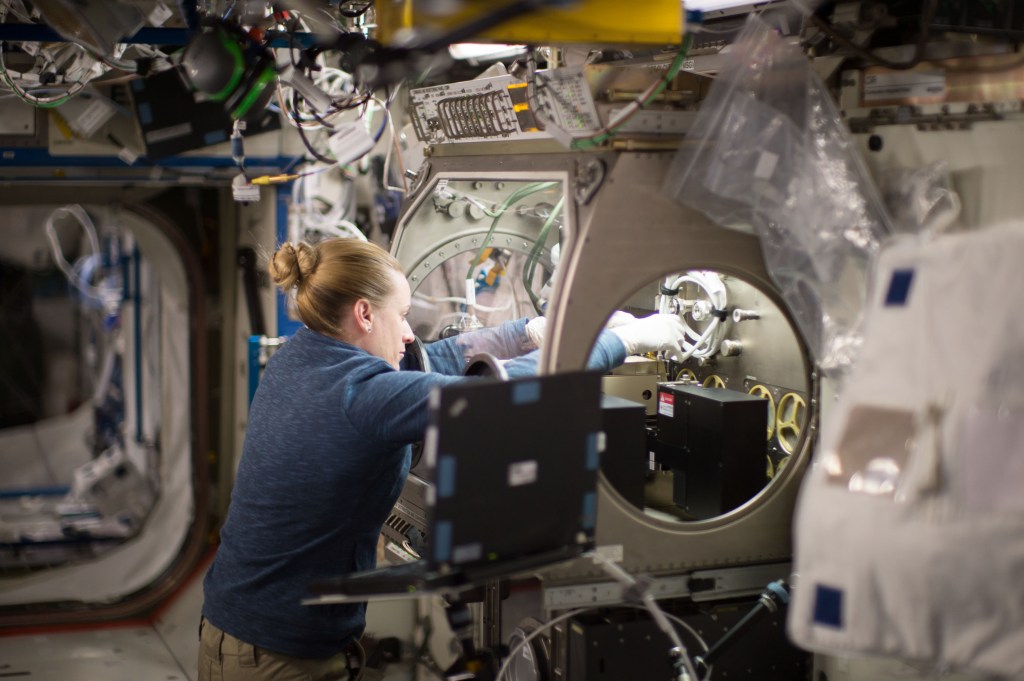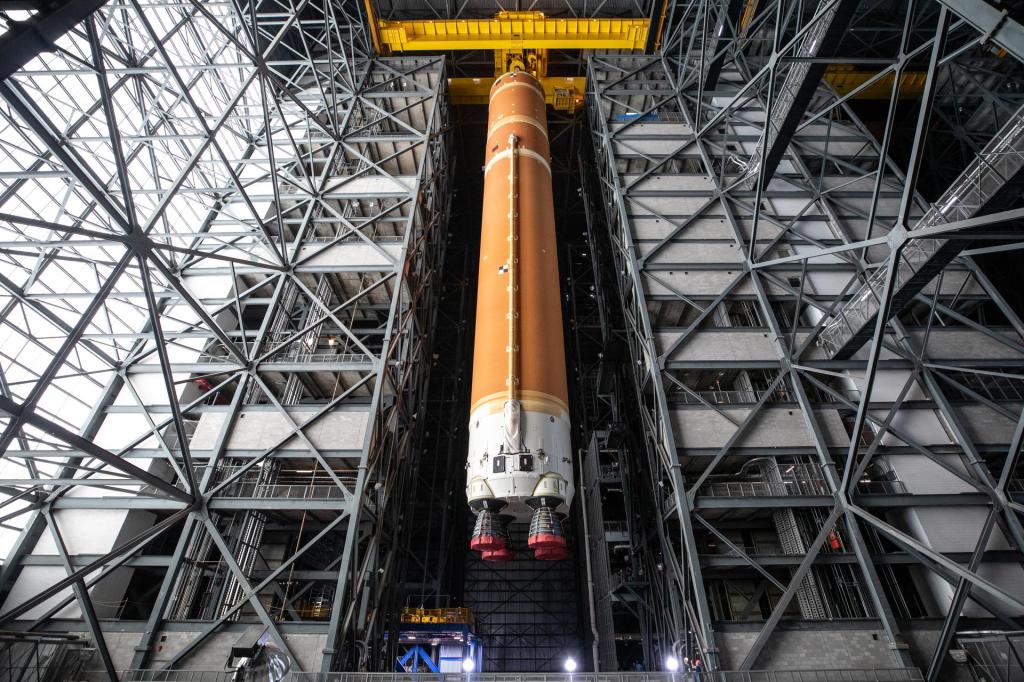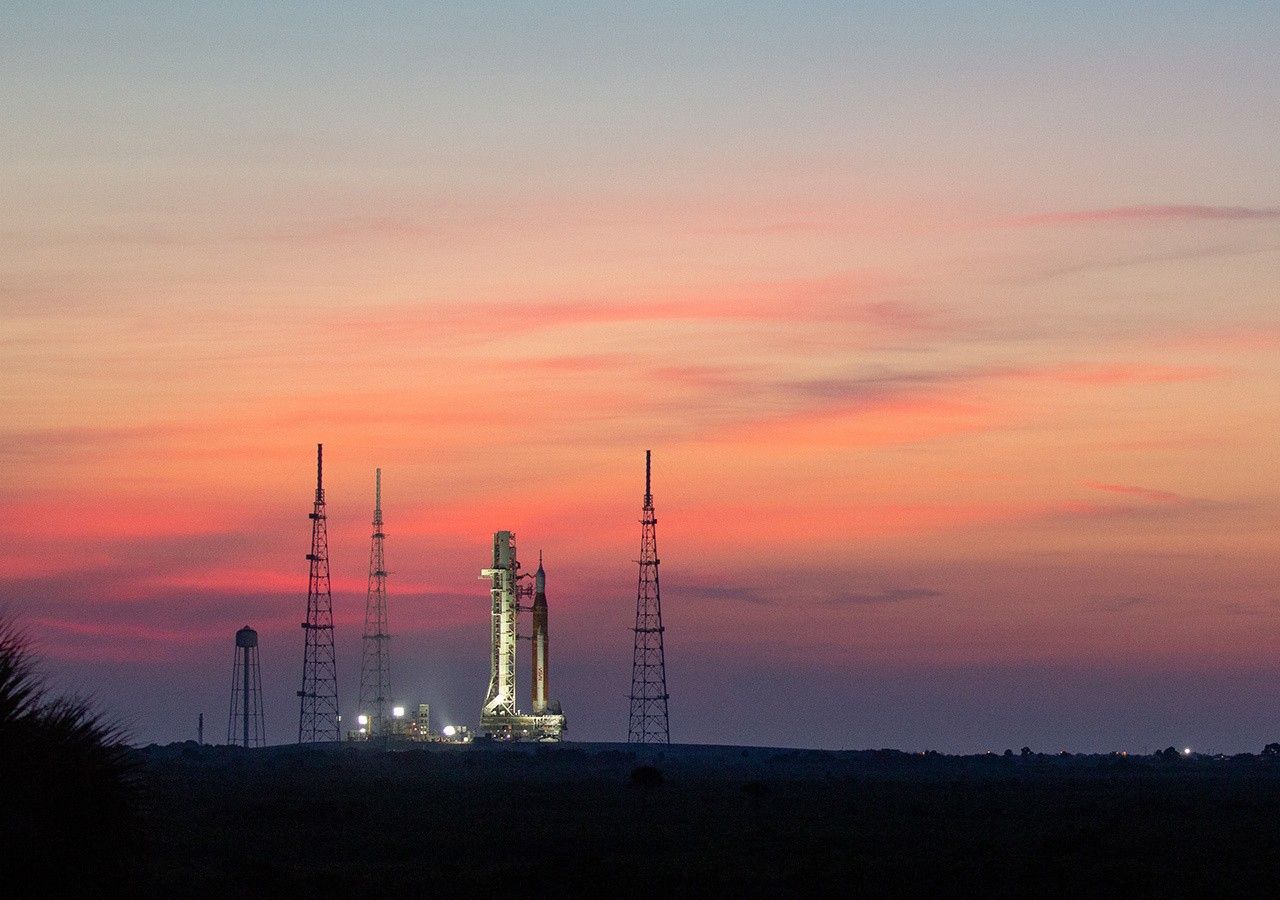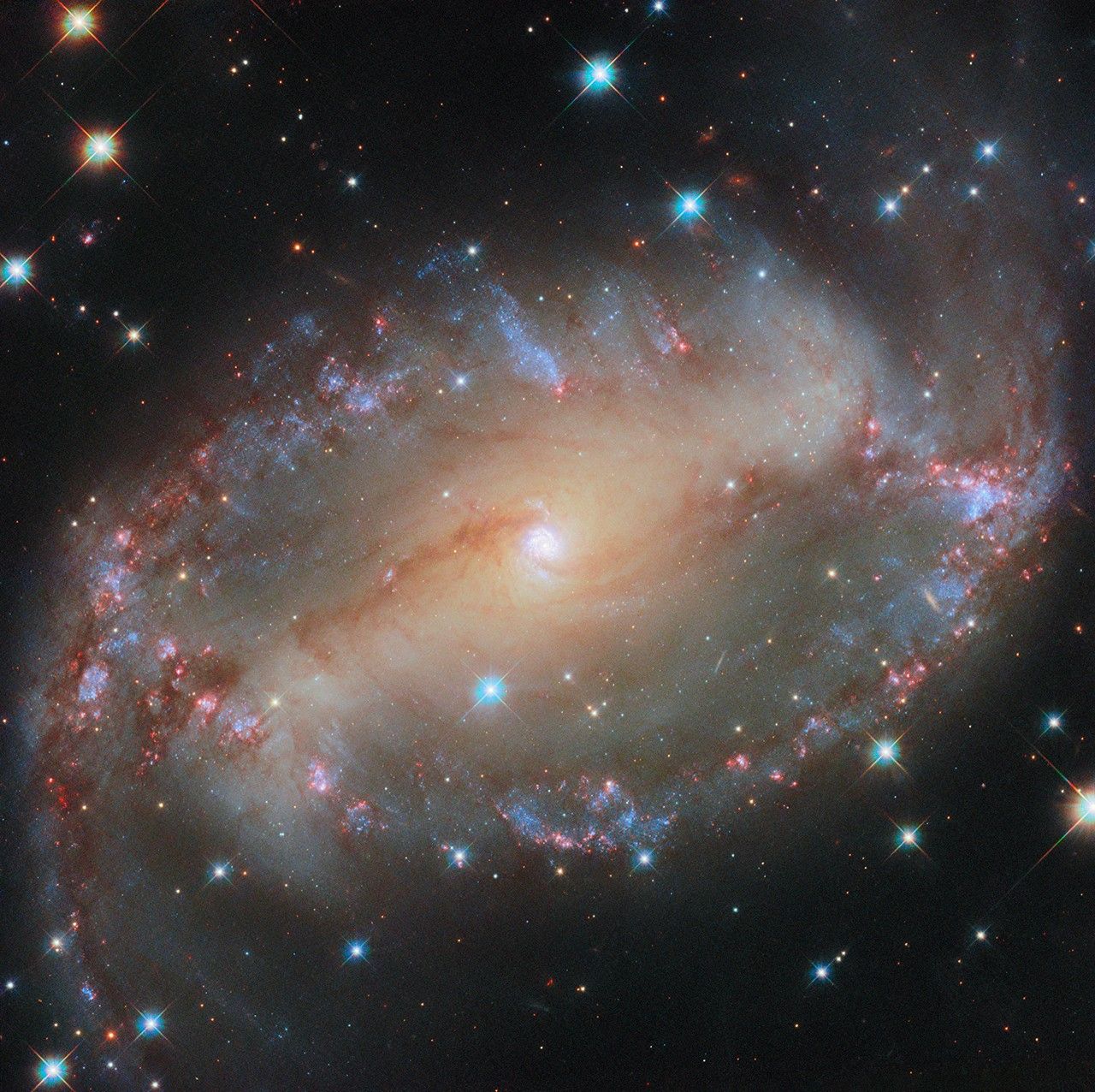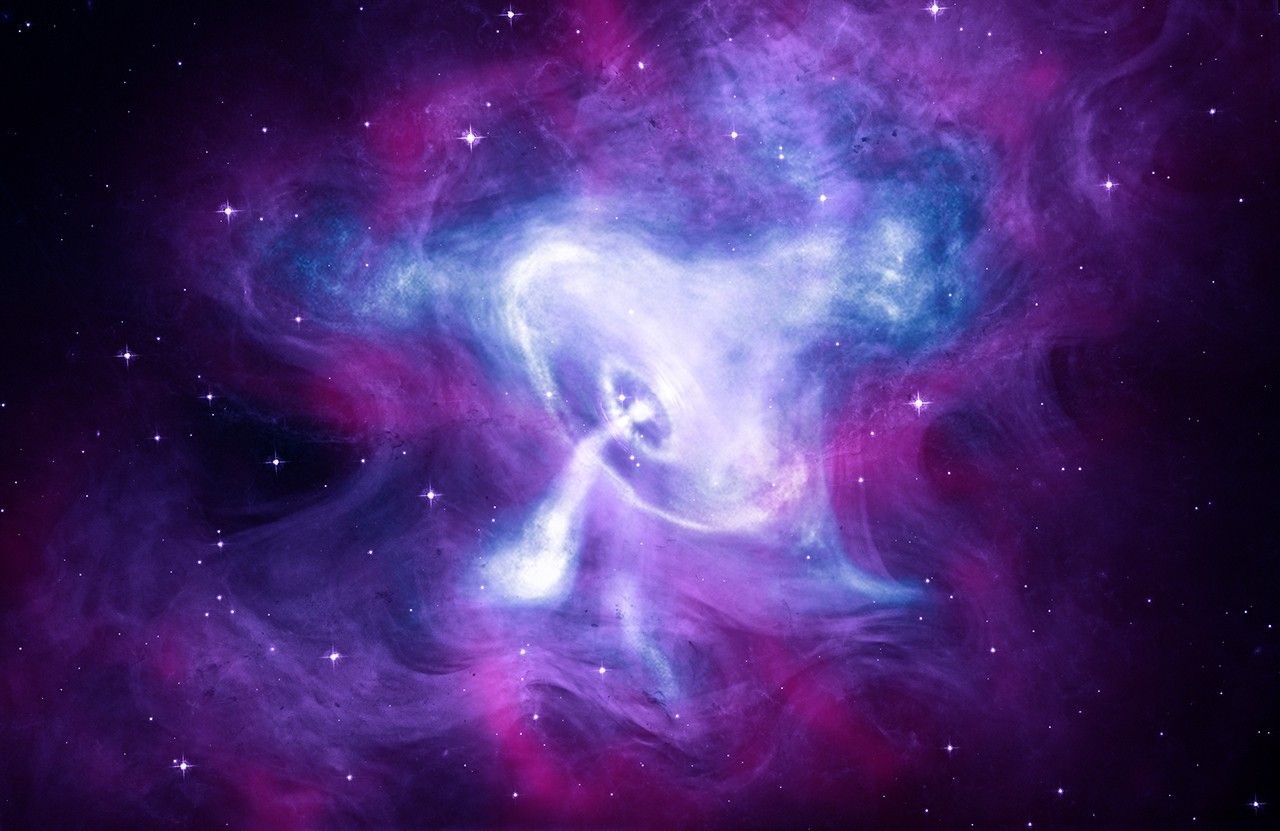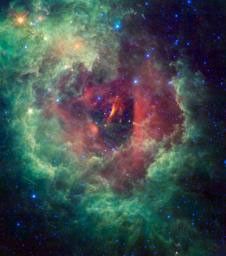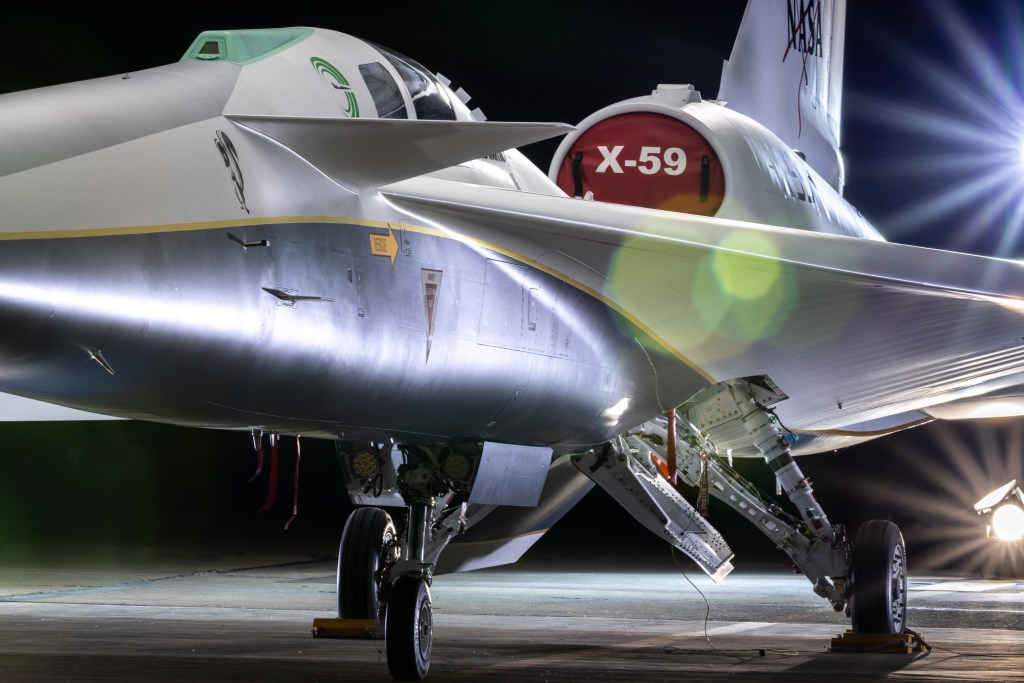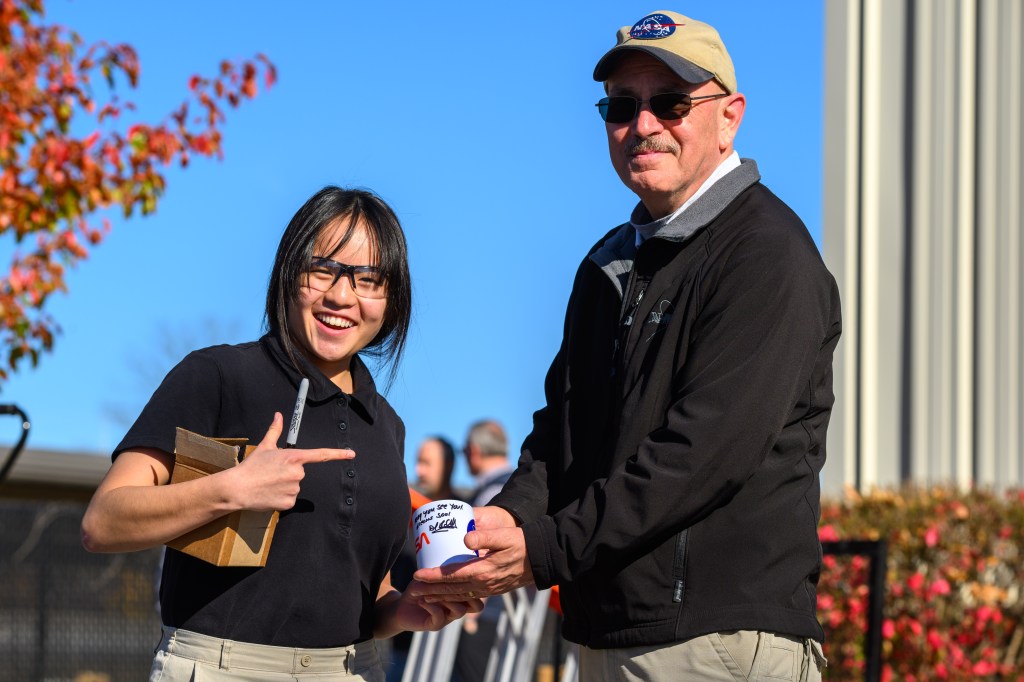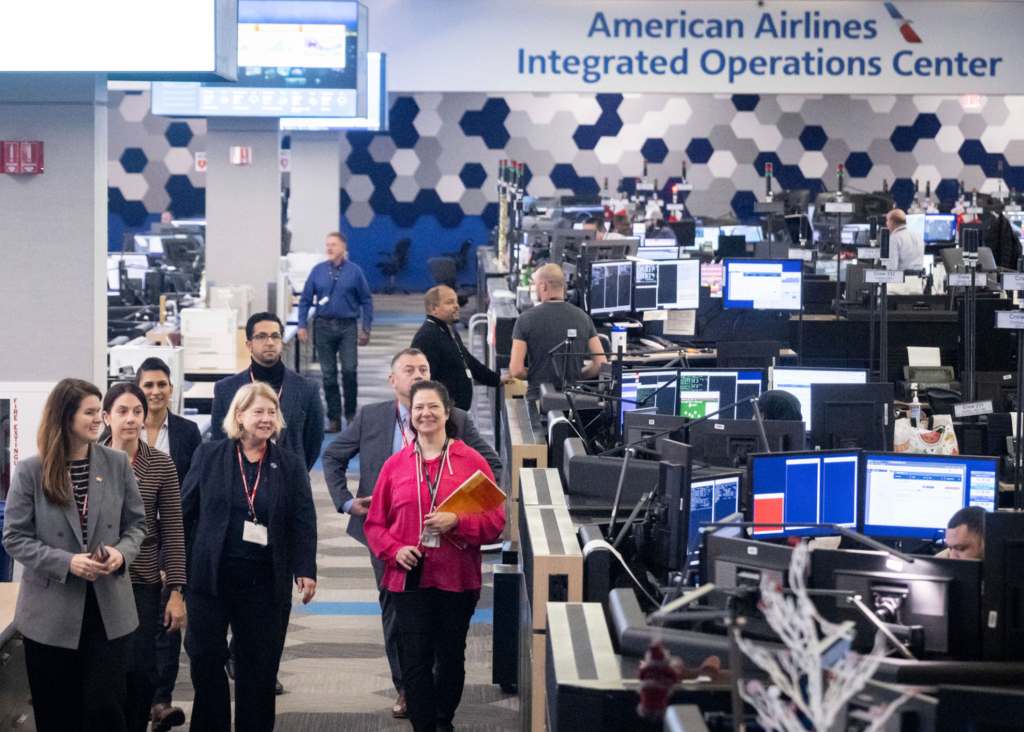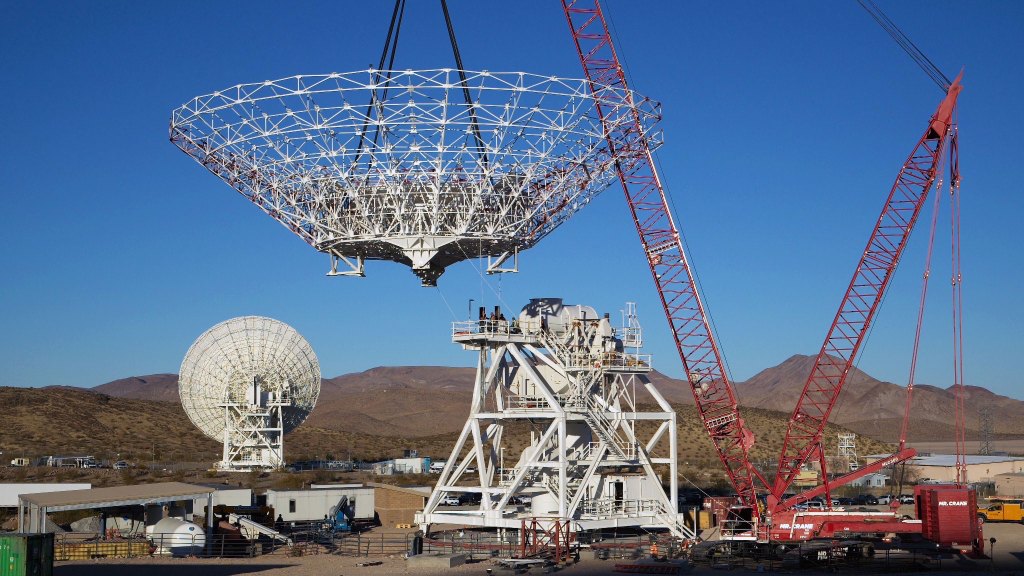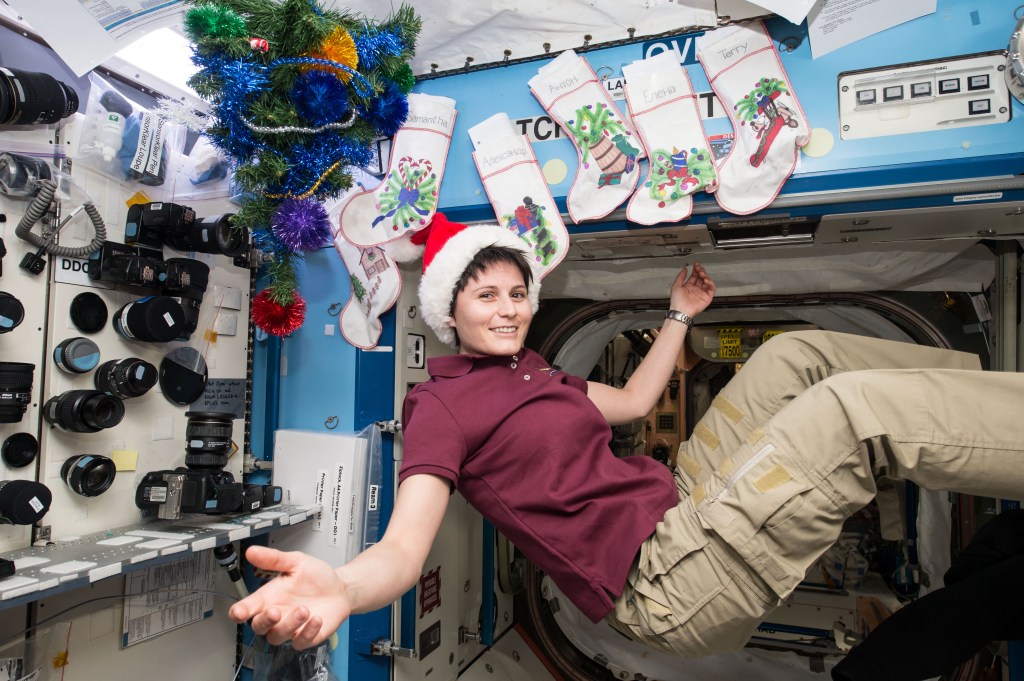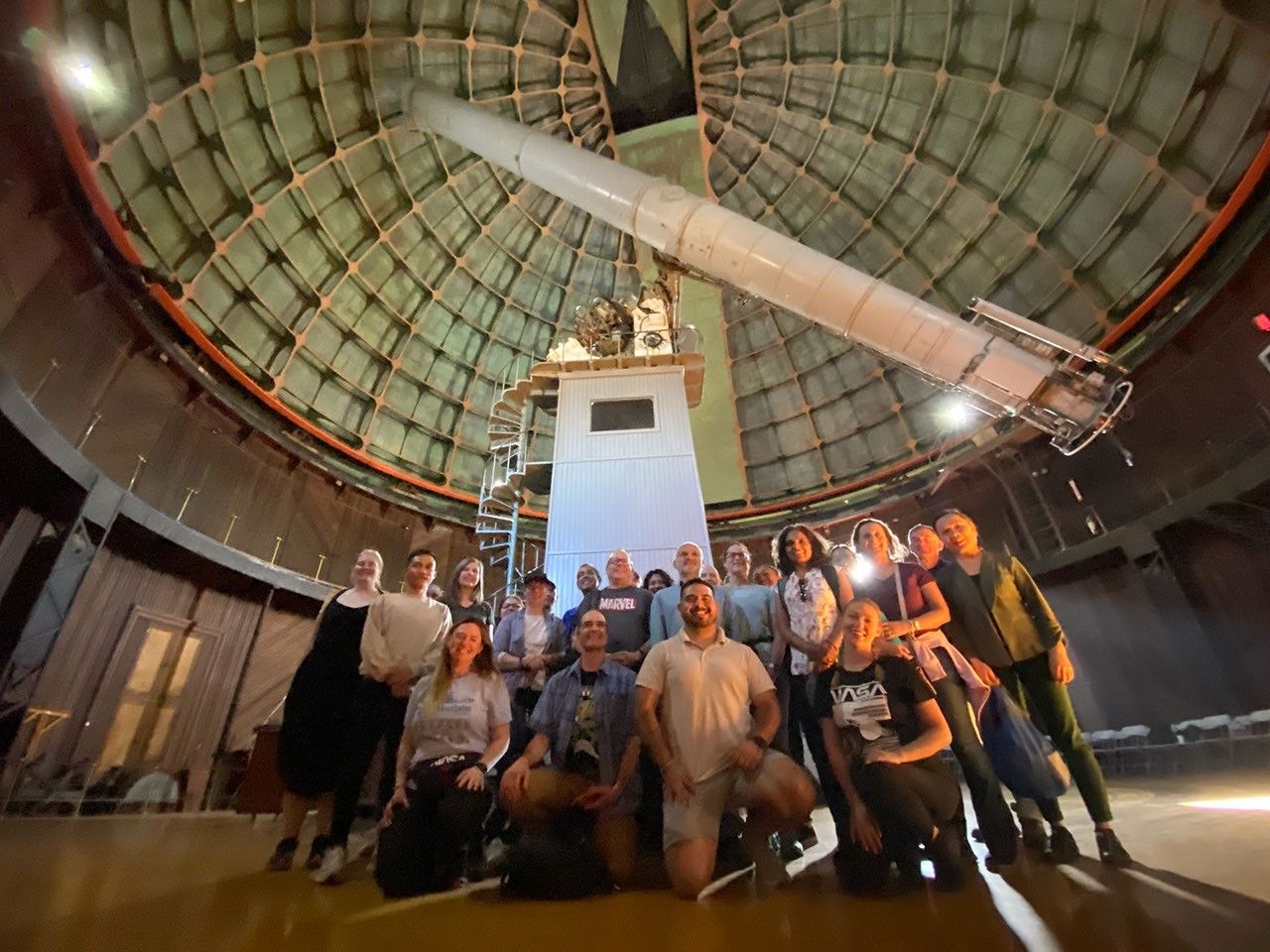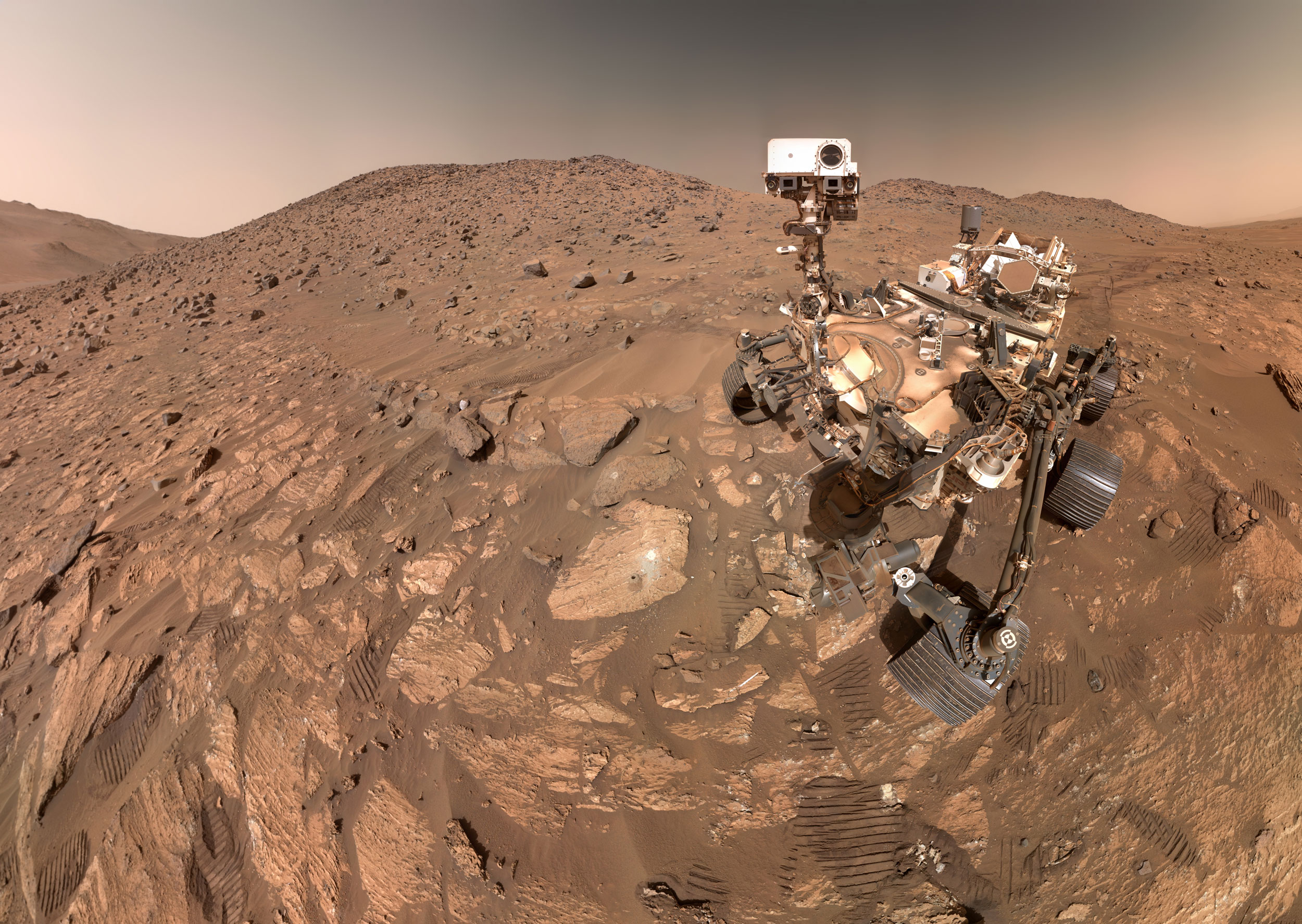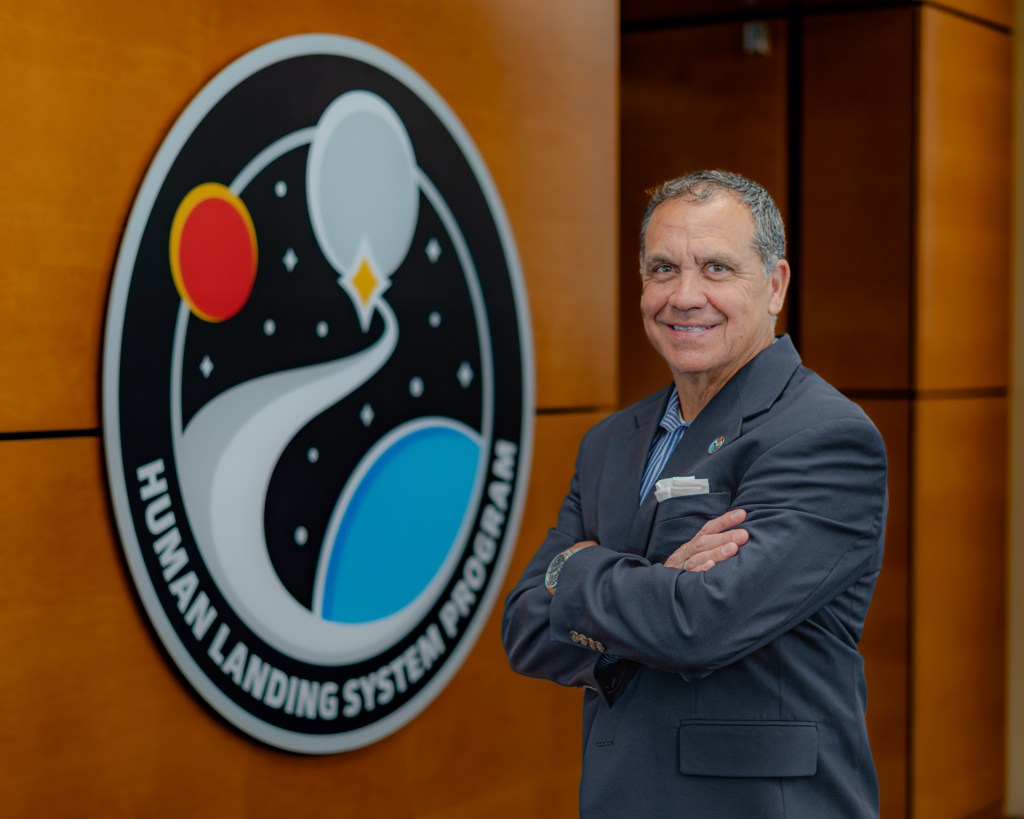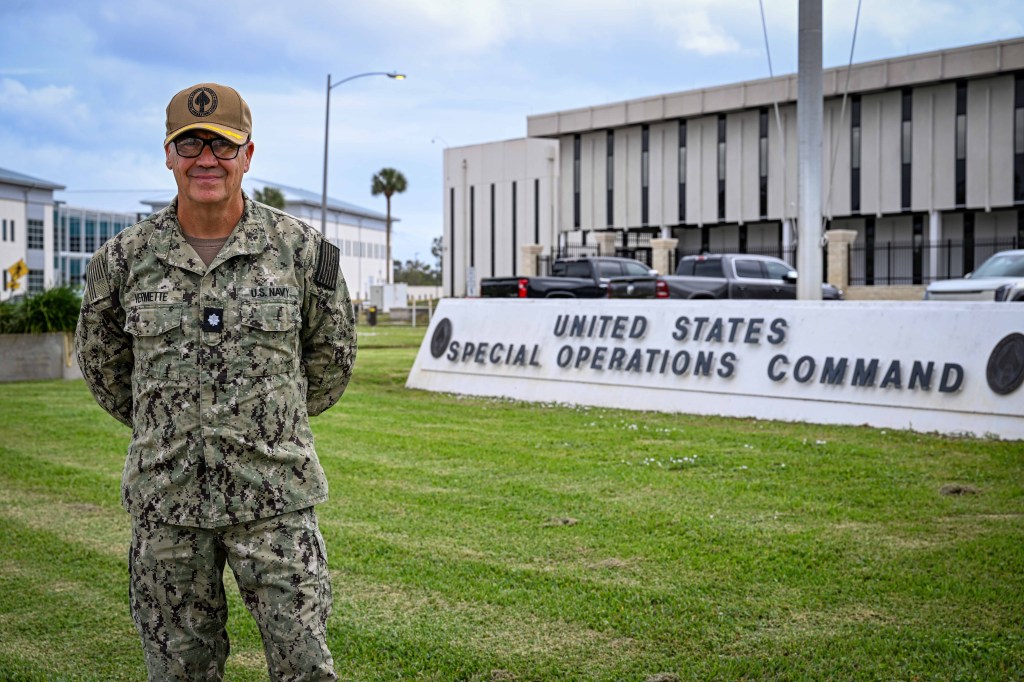While some stand on the sidelines and witness history, others are destined to play a part in it. And then there are those who document it, bringing the people, the action, the images, the words, and the personalities to the world. U. S. Navy Reservist Public Affairs Officer and program strategic communicator for NASA’s HLS (Human Landing System) Joe Vermette stands at the nexus of all three.
Spurred to action to serve his country by the events of September 11, 2001; veteran of numerous overseas deployments with the Navy, and responsible for communicating NASA’s return to the Moon through the Artemis campaign, Vermette has played a part in history while he communicates humanity’s greatest endeavors to the world.
Vermette joined NASA in August 2020 during the COVID-19 pandemic, coming from the Federal Emergency Management Agency (FEMA), where he was a regional communications director. Right off the bat, he rose to the challenge of learning about space exploration, Artemis, and communicating the new way the HLS Program would work with commercial providers for Moon landing services, rather than specifying spacecraft to be built.
“I was used to being right in the middle of the action,” Vermette said. “The pandemic challenged me to work in a new way. At the same time, NASA and HLS were working in a new way, having just brought on our first commercial provider, SpaceX,” he said. In May 2023, the HLS Program brought on a second commercial provider, Blue Origin, for human landing services.
After earning a degree in military history with a minor in communications from Florida State University, Vermette worked as a video journalist and spot writer for CNN. But it was the terrorist attacks of September 11, 2001, that really shaped his career in government service. “Three weeks later, I went down to the recruiting office and began the process of joining the military. I saw an opportunity to help the country in the best capacity I could,” Vermette said.
Since then, his career has been dotted by active deployments, from the Middle East to Europe to stateside; onboard Navy ships, at U.S. Central Command, at U. S. Special Operations Command, and more.
NASA’s HLS Program and Artemis have benefitted from Vermette’s experience and steady hand helping guide strategic communications since 2020. He recently answered the call to active duty again but intends to return to NASA once his military obligations are fulfilled.
“NASA is a different world than the military or disaster response. But I’ve been fortunate enough to see – and communicate about – government success stories in all three arenas, Vermette said. “Seeing NASA put astronauts on the Moon again will be the best ‘mission complete’ I could have.”
With Artemis, NASA will explore more of the Moon than ever before, learn how to live and work away from home, and prepare for future human exploration of the Red Planet. NASA’s SLS (Space Launch System) rocket, exploration ground systems, and Orion spacecraft, along with the human landing system, next-generation spacesuits, Gateway lunar space station, and future rovers are NASA’s foundation for deep space exploration.
For more on HLS, visit:
https://www.nasa.gov/humans-in-space/human-landing-system
Corinne Beckinger
Marshall Space Flight Center, Huntsville, Ala.
256.544.0034
corinne.m.beckinger@nasa.gov

